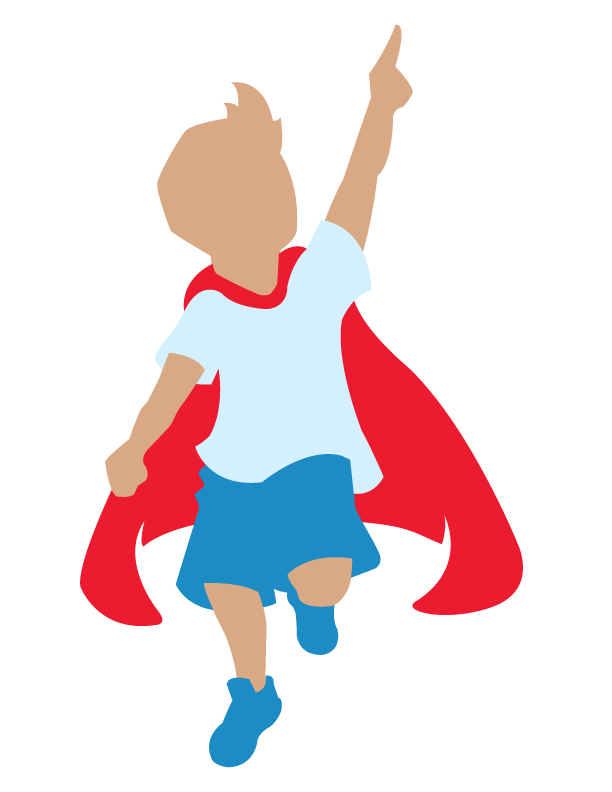Where does Skookum's name come from?
By Abby Smith
Many people wonder where the name Skookum Kids came from. After seven years I have a list of answers.
The short answer is that it is a Chinook word meaning brave and strong. But it is not as simple as that.
There is a rich history that comes with the origin of the name, and why we feel so connected to it. As an organization, we live, work, and gather on land of the Swinomish, Samish, Sauk-Suiattle, Upper Skagit, Lower Skagit, Lummi, Nooksack, Semiahmoo, Yakama, Nuawhaha, and Stillaguamish Tribes and peoples of the Coast Salish Sea.
“Skookum'' comes from the Chinook Jargon, a trade language created out of the necessity to communicate and collaborate with people from different backgrounds, histories, and cultures. It is a part of a language that makes it possible for people of different cultures and perspectives to solve problems together.
In the very early stages of our work to create a safe place for children entering foster care, “Skookum,” was a word our founding director was drawn to. The word’s specific tie to the region expressed our desire to be a community-based project and its meaning of strong and brave were attributes we hoped to speak about the children and families that we encounter.
Before we made it official, librarians at the Northwest Indian College in Lummi Nation helped Ray research the word, and made sure we were using it carefully and respectfully.
Not too long ago, foster care was used as a weapon against Indigenous communities; punishing communities for differences in cultural family values and child-rearing practices.
At Skookum Kids, we are committed to remembering this past, and partnering to create a different future. We have much to learn from the tribes we work with while confronting abuse, restoring families, and creating safe places for children.
We are honored to bear a name that represents the strength and dignity of the tribes and individuals that have inhabited this land for centuries. We believe in not only fostering strength, health, and dignity in the communities, families, and children we serve, but seeing and celebrating the strength, health, and dignity that is already there.


